Mississippi is one of twenty-two states that do not have legislation that establishes optician training, certification, and licensing requirements. Unregulated states typically allow optical employers to decide what their expectations will be for new opticians. Since there are so many different types of optical employers across the country, it is fairly common to find a broad spectrum of knowledge and skills. Optician training can range anywhere from very basic retail sales strategies to complex frame and lens customizations.
There are some employers who actively encourage their opticians to complete American Board of Opticianry (ABO) and National Contact Lens Examiners (NCLE) Certification. These employers may even offer to pay the fees associated with taking the exams. Other employers choose to only train opticians to perform very specific tasks associated with retail sales and basic frame repairs. Opticians who work in these settings will usually need to voluntarily study for and take the certification exams if they wish to develop a comprehensive understanding of the industry. All opticians, regardless of where they work, are encourage to complete the certification process because of the benefits it offers.
Certified opticians can typically demand higher pay from optical employers because they require less training and support. This usually allows employers to spend less on new opticians. They are also able to demonstrate to customers that they have met national competency standards and can be trusted to provide the highest level of optical product and service assistance. Optical employers understand that certification is an asset to their business and can be used as a competitive advantage over other optical establishments. This can play an important part in attracting and retaining customers.
 Another important benefit associated with certification is the transferability of credentialing between regulated and unregulated states. Most regulated states will allow previously certified opticians to be licensed through reciprocity. Opticians who have not been previously certified may find that they need to complete a degree program, apprenticeship, or pass the certification exams before they can become licensed. This can be a major headache for individuals who have been in the industry for awhile.
Another important benefit associated with certification is the transferability of credentialing between regulated and unregulated states. Most regulated states will allow previously certified opticians to be licensed through reciprocity. Opticians who have not been previously certified may find that they need to complete a degree program, apprenticeship, or pass the certification exams before they can become licensed. This can be a major headache for individuals who have been in the industry for awhile.
State Contact Information:
State Association: Mississippi Association of Dispensing Opticians

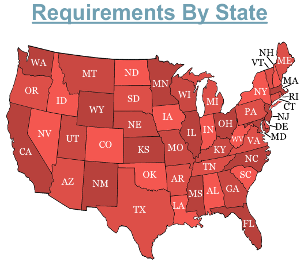

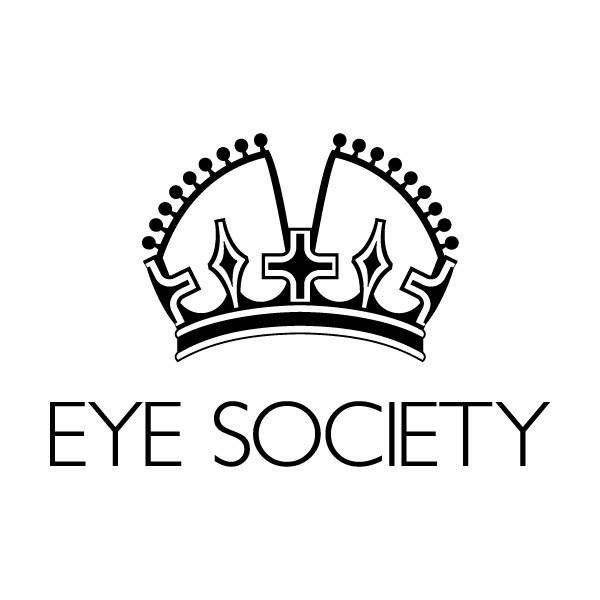


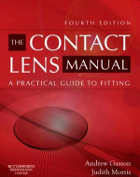
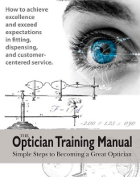

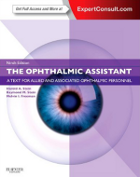
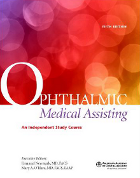
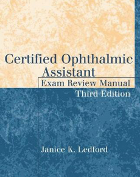
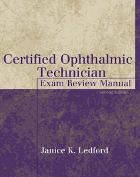
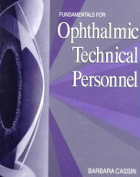

What schools are good for optician training ? How long does it take ? What are the requirements
Hello there, I came across this page because I’m looking to become an optician. I’m 22 y/o and I’m currently not in school but I would like information on what my first steps should be to becoming an optician. Would I need a degree? If so, how should I go about contacting a school near me to find out if they offer the program? If I don’t have to have a degree who would I contact about an apprenticeship? To be more specific I am located in Mississippi.